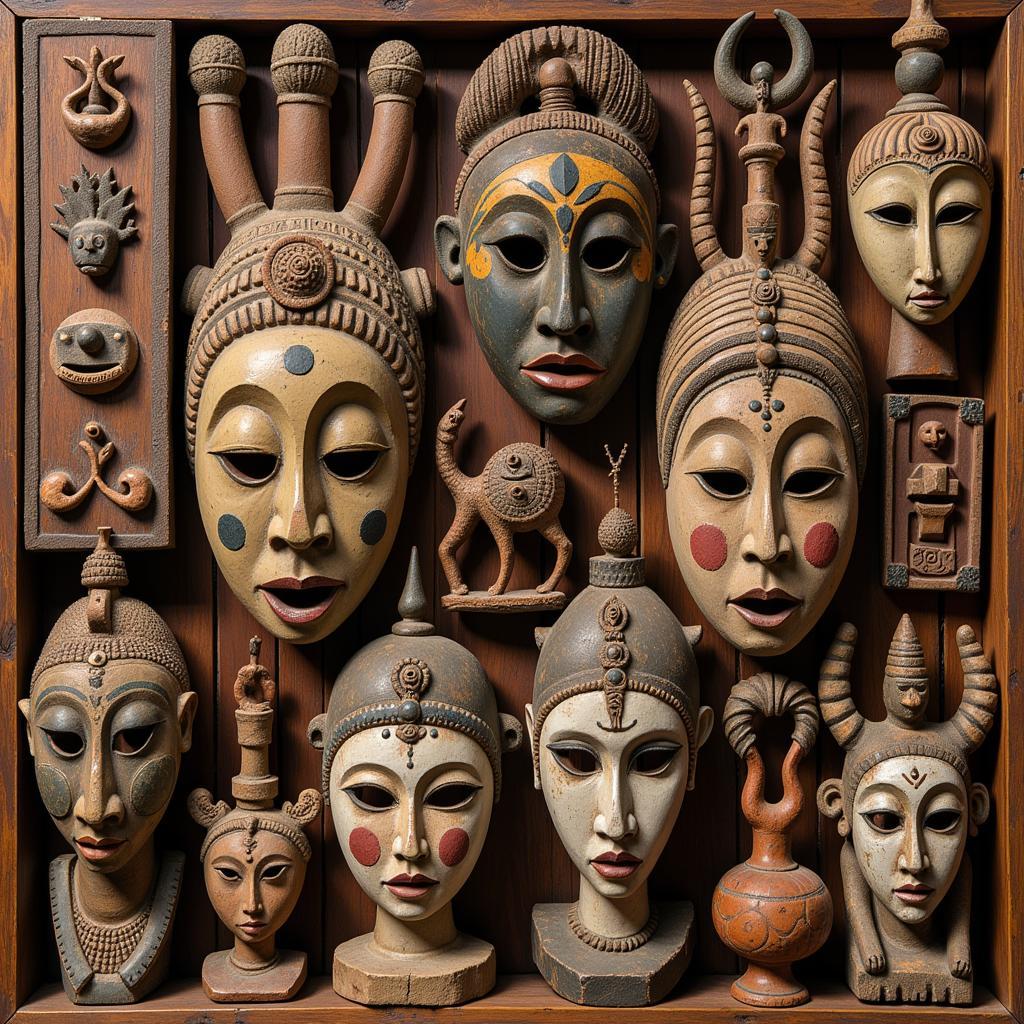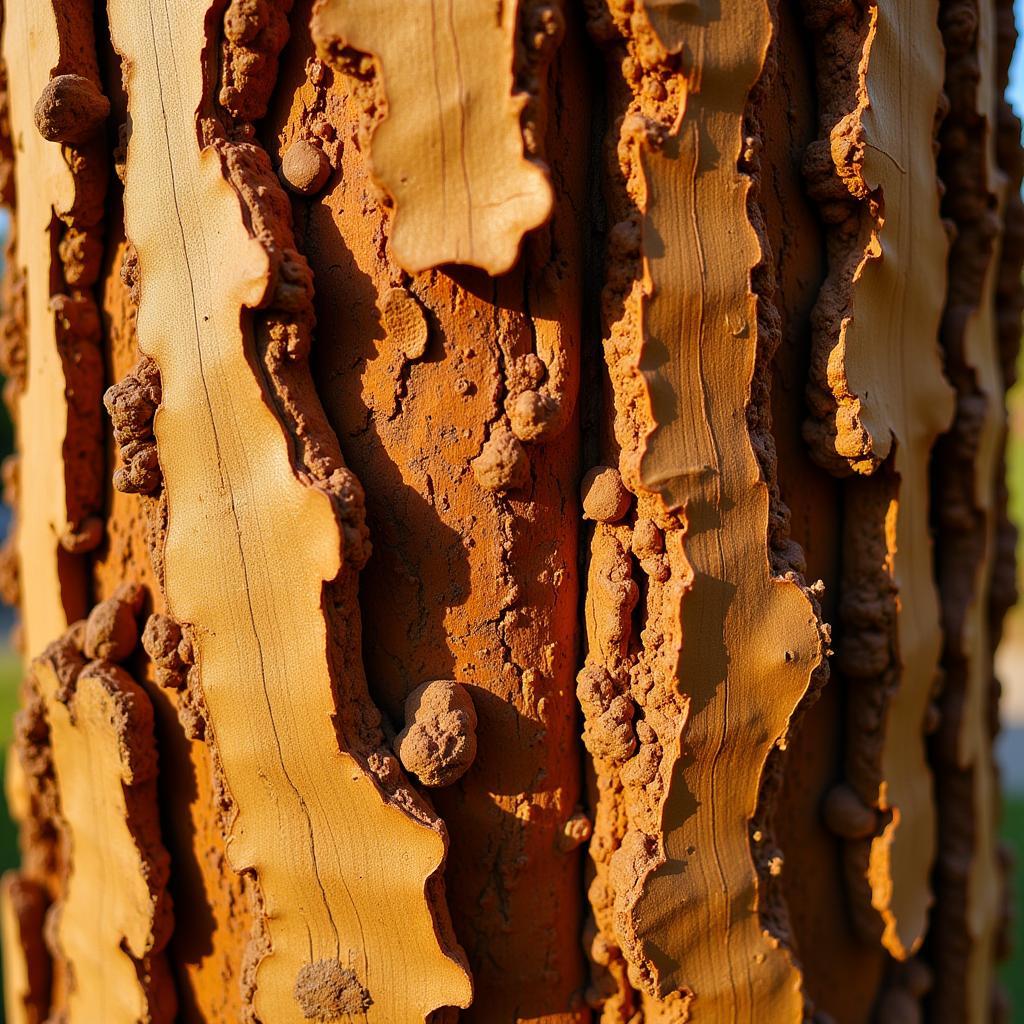African American Mystery Writers: Unmasking the Shadows of Crime and Culture
African American Mystery Writers have made a profound impact on the genre, injecting their unique perspectives, experiences, and cultural insights into the narratives of crime and detection. From the classic works of Chester Himes to the contemporary brilliance of Walter Mosley, these authors have captivated readers with their intricate plots, complex characters, and unflinching portrayals of race, class, and social injustice in America.
A Legacy of Literary Innovation:
African American mystery writers have long challenged the traditional tropes and stereotypes often found in the genre. They have explored themes of racial prejudice, police brutality, and the complexities of identity in a society marked by systemic inequalities. Their stories often delve into the dark underbelly of American cities, revealing the hidden truths and forgotten narratives that lie beneath the surface.
Breaking the Mold: Early Pioneers:
Chester Himes stands as a towering figure in African American mystery literature. His iconic “Harlem Detective” series, featuring the cynical and hard-boiled detectives Grave Digger Jones and Coffin Ed Johnson, offered a raw and unflinching look at the gritty realities of Harlem in the mid-20th century. Himes’s work was groundbreaking for its time, challenging racial stereotypes and giving voice to the marginalized communities that were often ignored by mainstream crime fiction.
“The problem is not whether or not you will die, but how you will die,” wrote Chester Himes, underscoring the inherent danger and the fight for survival faced by Black characters in his stories.
Ann Petry, another prominent figure in early African American mystery writing, is celebrated for her psychological suspense and social commentary. Her novel “The Street” (1946) is a gripping tale of a young Black woman struggling to survive in a racially hostile environment. Petry’s sharp observations on poverty, prejudice, and the corrosive effects of societal neglect earned her critical acclaim and cemented her place as a significant contributor to the genre.
The Rise of Contemporary Masters:
Walter Mosley, often dubbed the “modern-day Chester Himes,” has revitalized the African American mystery tradition with his renowned “Easy Rawlins” series. Set in post-World War II Los Angeles, these books feature the charismatic and resourceful private investigator Easy Rawlins, a Black veteran navigating the complex world of race relations and crime in the city. Mosley’s narratives are infused with a blend of social commentary, historical detail, and gripping suspense, making them both entertaining and thought-provoking.
“It’s not just about the mystery,” Walter Mosley said, reflecting on the importance of exploring social issues in his works. “It’s about the world we live in and the people who make it up.”
Ishmael Reed, a prolific writer and poet, has also made significant contributions to the African American mystery genre. His novel “Mumbo Jumbo” (1972) is a surreal and subversive blend of mystery, satire, and cultural commentary, exploring the complexities of Black identity and the power of myth and folklore. Reed’s work is renowned for its challenging narratives, unconventional structures, and sharp wit.
The Power of Voice and Representation:
African American mystery writers have not only redefined the genre but also expanded the literary landscape. They have provided a platform for diverse voices and experiences, offering readers a deeper understanding of the complexities of race and culture in America. Their stories have challenged preconceived notions, shed light on historical injustices, and inspired generations of readers.
“Our voices are the only tools we have to shape the narrative,” said a prominent African American mystery writer, emphasizing the importance of representation in literature.
Finding Your Next Mystery:
If you’re looking to delve into the captivating world of African American mystery writing, here are a few recommendations to get you started:
- “The Big Clock” by Kenneth Fearing: This 1946 novel, considered a classic of the hard-boiled genre, features a Black character as a key player in the unfolding mystery.
- “The Coldest Case” by Gary Phillips: This contemporary crime novel, set in Los Angeles, explores themes of racial injustice and police corruption.
- “The Plot” by Jean Hanff Korelitz: This page-turning thriller, which was adapted into a popular Netflix series, features a Black character who plays a central role in a complex web of deceit.
- “The Deep Blue Good-by” by John D. MacDonald: Though not explicitly an African American mystery, this classic hard-boiled novel features a Black detective who is a significant player in the story.
FAQ:
Q: What makes African American mystery writers unique?
A: African American mystery writers often explore themes of race, class, and social injustice in a way that traditional mysteries often don’t. They also bring a unique cultural perspective to their stories.
Q: What are some of the most common themes in African American mysteries?
A: Some common themes include racial prejudice, police brutality, the complexities of identity, and the struggle for survival in a society marked by inequality.
Q: What are some of the most popular African American mystery authors?
A: Some popular authors include Chester Himes, Walter Mosley, Ishmael Reed, Ann Petry, and Gary Phillips.
Q: How can I learn more about African American mystery writers?
A: There are many resources available online and in libraries. You can also attend literary events and festivals that celebrate African American authors.
This is just a glimpse into the vast and fascinating world of African American mystery writing. With their powerful stories, unflinching honesty, and insightful perspectives, these authors continue to shape the genre and inspire generations of readers.



